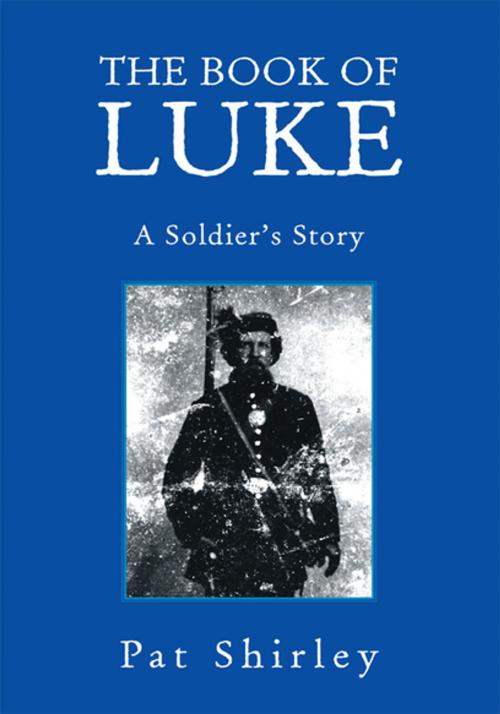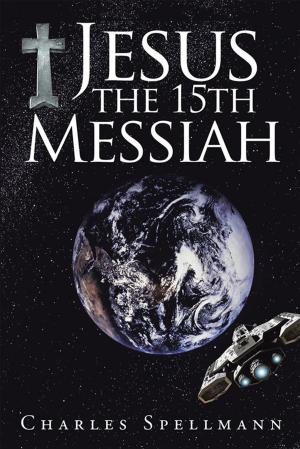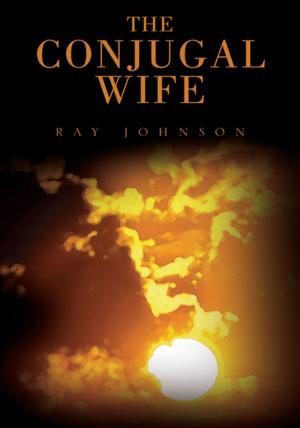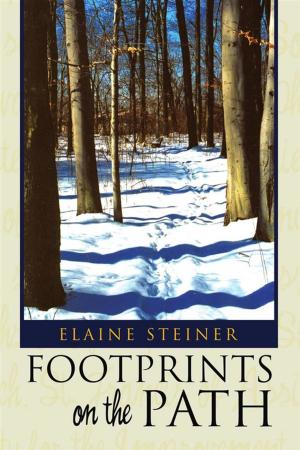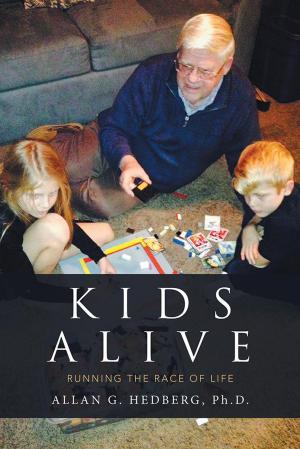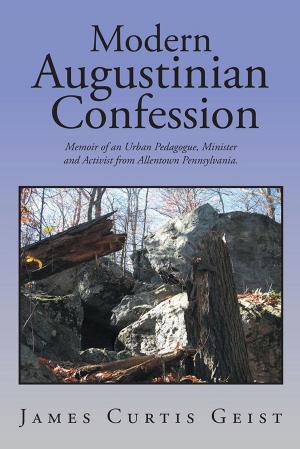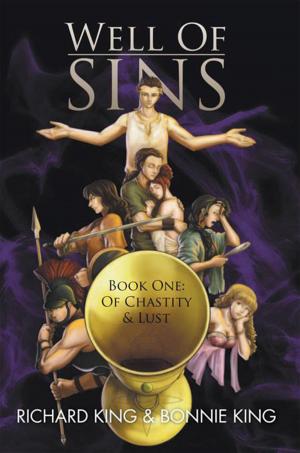| Author: | Pat Shirley | ISBN: | 9781465314772 |
| Publisher: | Xlibris US | Publication: | February 7, 2006 |
| Imprint: | Xlibris US | Language: | English |
| Author: | Pat Shirley |
| ISBN: | 9781465314772 |
| Publisher: | Xlibris US |
| Publication: | February 7, 2006 |
| Imprint: | Xlibris US |
| Language: | English |
THE BOOK OF LUKE: A SOLDIERS STORY, first book in the Civil War trilogy OLD LONG TIME, follows my great-grandfather, Luke Munn, and his regiment, the 149th PA Volunteers, through The Battle of Gettysburg. A third person approach made it possible to add action elsewhere on the field and put the role of the 149th in context. Civil War novels usually have fictional heroes or center on officers or others who were or became prominent. In reading extensively on the period, I have found almost no others that focus on an ordinary soldier in the ranks who actually lived and fought in a specific battle.
From census and military records and family stories, I have reconstructed Lukes personality and his life as a lumberman and soldier and a farmer trying to raise his family in a clearing in the woods. I have defined him not only as an individual but also in terms of his antecedents and descendants. I have alternated the battle chapters with a first-person narrator from each generation of Lukes family who tells about and relates to Luke. In starting with his grandmother, Molly Wolcott Munn, I have traced the family lineage back to 1630 when Henry Wolcott came to America. As the family has been in America for so long and as Mollys branch of it has been quite ordinary as compared to the Wolcott cousins who became governors of Connecticut, I feel that it is Everymans or every Americans story as well as Lukes.
The book emphasizes ethnic influences on the family, and it develops the theme of freedom versus security as, not only an American, but, a basic human conflict, giving the story a meaning beyond family history. My last narrator, my first cousin twice removed and Lukes great, great, great-granddaughter, is of mixed black and white parentage. In coming to terms with her dual ancestry, she gives Lukes story and his devotion to the anti-slavery cause a more modern meaning and appeal.
THE BOOK OF LUKE: A SOLDIERS STORY, first book in the Civil War trilogy OLD LONG TIME, follows my great-grandfather, Luke Munn, and his regiment, the 149th PA Volunteers, through The Battle of Gettysburg. A third person approach made it possible to add action elsewhere on the field and put the role of the 149th in context. Civil War novels usually have fictional heroes or center on officers or others who were or became prominent. In reading extensively on the period, I have found almost no others that focus on an ordinary soldier in the ranks who actually lived and fought in a specific battle.
From census and military records and family stories, I have reconstructed Lukes personality and his life as a lumberman and soldier and a farmer trying to raise his family in a clearing in the woods. I have defined him not only as an individual but also in terms of his antecedents and descendants. I have alternated the battle chapters with a first-person narrator from each generation of Lukes family who tells about and relates to Luke. In starting with his grandmother, Molly Wolcott Munn, I have traced the family lineage back to 1630 when Henry Wolcott came to America. As the family has been in America for so long and as Mollys branch of it has been quite ordinary as compared to the Wolcott cousins who became governors of Connecticut, I feel that it is Everymans or every Americans story as well as Lukes.
The book emphasizes ethnic influences on the family, and it develops the theme of freedom versus security as, not only an American, but, a basic human conflict, giving the story a meaning beyond family history. My last narrator, my first cousin twice removed and Lukes great, great, great-granddaughter, is of mixed black and white parentage. In coming to terms with her dual ancestry, she gives Lukes story and his devotion to the anti-slavery cause a more modern meaning and appeal.
